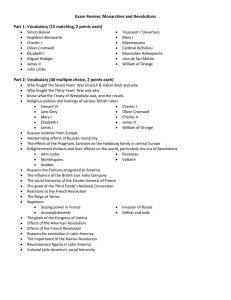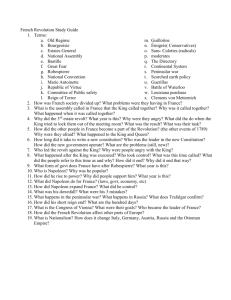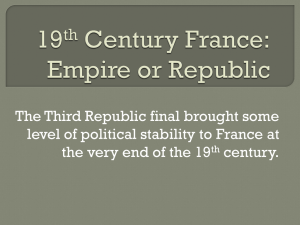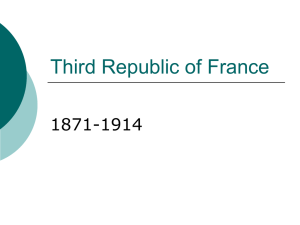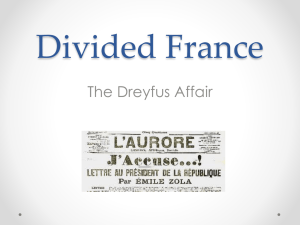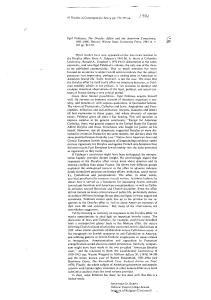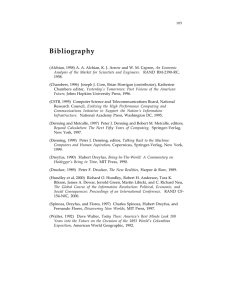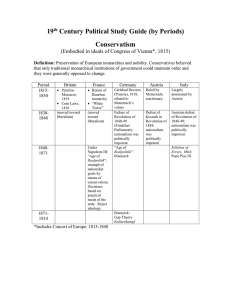the living constitution * study guide
advertisement
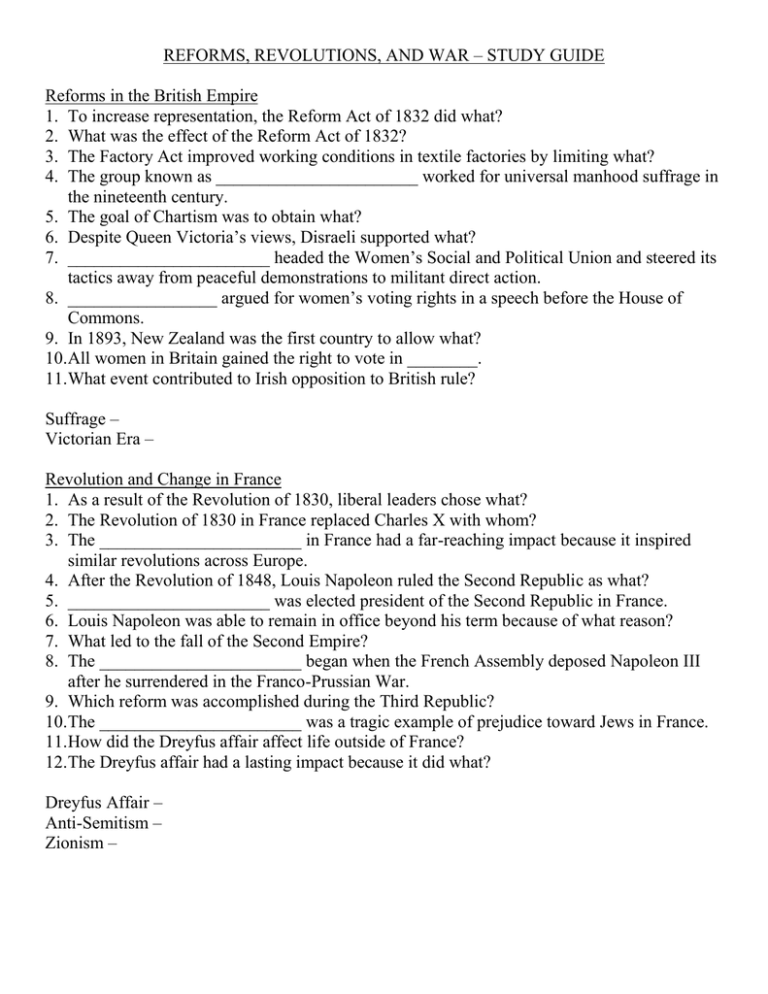
REFORMS, REVOLUTIONS, AND WAR – STUDY GUIDE Reforms in the British Empire 1. To increase representation, the Reform Act of 1832 did what? 2. What was the effect of the Reform Act of 1832? 3. The Factory Act improved working conditions in textile factories by limiting what? 4. The group known as _______________________ worked for universal manhood suffrage in the nineteenth century. 5. The goal of Chartism was to obtain what? 6. Despite Queen Victoria’s views, Disraeli supported what? 7. _______________________ headed the Women’s Social and Political Union and steered its tactics away from peaceful demonstrations to militant direct action. 8. _________________ argued for women’s voting rights in a speech before the House of Commons. 9. In 1893, New Zealand was the first country to allow what? 10.All women in Britain gained the right to vote in ________. 11.What event contributed to Irish opposition to British rule? Suffrage – Victorian Era – Revolution and Change in France 1. As a result of the Revolution of 1830, liberal leaders chose what? 2. The Revolution of 1830 in France replaced Charles X with whom? 3. The _______________________ in France had a far-reaching impact because it inspired similar revolutions across Europe. 4. After the Revolution of 1848, Louis Napoleon ruled the Second Republic as what? 5. _______________________ was elected president of the Second Republic in France. 6. Louis Napoleon was able to remain in office beyond his term because of what reason? 7. What led to the fall of the Second Empire? 8. The _______________________ began when the French Assembly deposed Napoleon III after he surrendered in the Franco-Prussian War. 9. Which reform was accomplished during the Third Republic? 10.The _______________________ was a tragic example of prejudice toward Jews in France. 11.How did the Dreyfus affair affect life outside of France? 12.The Dreyfus affair had a lasting impact because it did what? Dreyfus Affair – Anti-Semitism – Zionism – Independence in Latin America 1. In 1804, Saint Domingue declared independence from France, becoming the new nation of 2. 3. 4. 5. 6. 7. 8. 9. _______________________. The independence of Haiti was influenced by what? People of European descent who were born in the Spanish colonies in Latin America were called _______________________. Spanish colonists in Latin America who were born in Spain were called _______________________. How did Iturbide’s three-part proposal lead to Mexico’s independence? How did Agustín de Iturbide become emperor of Mexico? ____________________________ wanted to form an independent Federation of the Andes. Brazil’s movement for independence differed from other South American movements because of what? Brazilian colonists achieved their independence from Portugal when what happened? Creoles – Peninsulares – Expansion and War in the United States 1. Americans went to war with Great Britain in 1812 in part because of what reason? 2. In the _______________________, President James Monroe declared the Americas off limits to further European colonization. 3. The declaration that the Americas were off limits to European colonization was called what? 4. The Mexican-American War resulted in what? 5. Which was a cause for westward expansion? “Other nations have tried to check… the fulfillment of our manifest destiny to overspread the continent allotted by Providence for the free development of our yearly multiplying millions.” —John O’Sullivan, editorial, 1845 6. This writer referred to the American belief that Americans had what? 7. The Indian Removal Act called for the what? 8. The Kansas-Nebraska Act did what? 9. Which was a cause of the Civil War? 10.The Emancipation Proclamation did what in the United States? 11.After the Civil War, during _______________________, some important legislation and amendments were passed to protect the rights of formerly enslaved people. 12.African Americans were granted citizenship through what? Louisiana Purchase – Monroe Doctrine – Manifest destiny – Trail of Tears – Abolition – Secession – Emancipation Proclamation –

